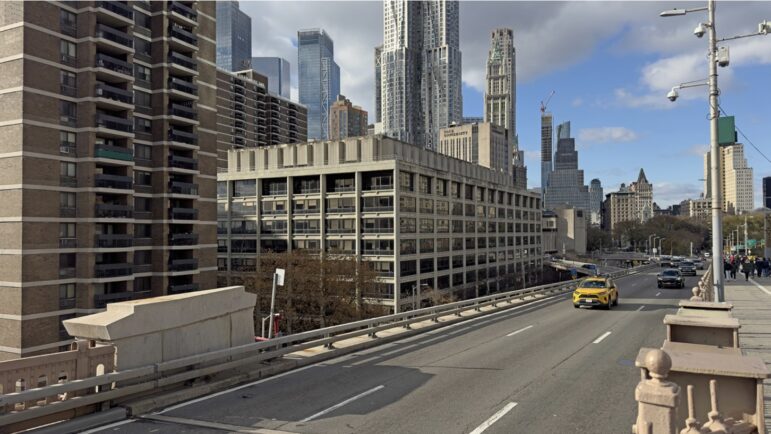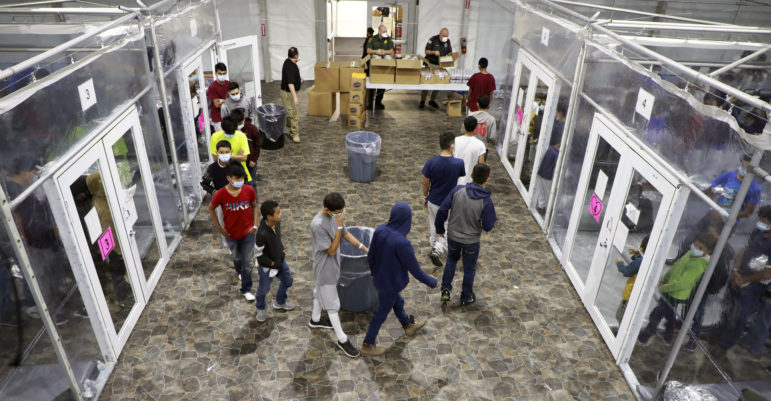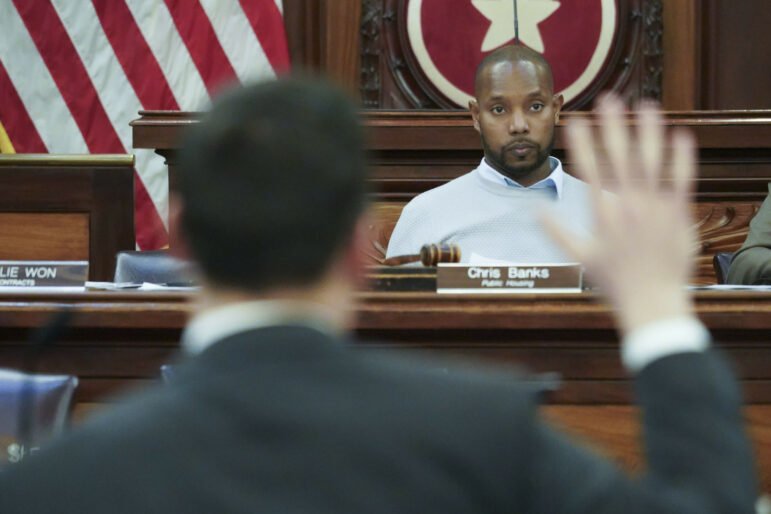
Frederick Joseph
The current turmoil between police officers and the mayor might be superlative, but it isn’t unprecedented. There was, after all, that famous “police riot” outside City Hall in September 1992 when some off-duty cops at a union-organized protest got drunk and shouted racial epithets about the mayor (Full disclosure: I was a sophomore in high school at the time, so didn’t witness it). Others have noted the imperfect parallel between that episode and the current discord. What’s interesting is to go back and look and look at what were apparently the reasons for the riot. Per the Times:
While the Patrolmen’s Benevolent Association had called the rally to protest Mayor David N. Dinkins’s proposal to create an independent civilian agency that would look into police misconduct, the huge turnout — estimated by the Police Department at 10,000 protesters — and the harsh emotional pitch reflected widespread anger among rank-and-file officers toward the Mayor for his handling of riots against the police in Washington Heights last July, his refusal to give them semiautomatic weapons and his appointment of an outside panel to investigate corruption.
Typically the ’92 riot is described merely as a response to the CCRB, much as the current anger among cops (who are treated like a 35,000-person monolith though the rhubarb at Antun’s suggests otherwise) is presented as a response to the mayor’s comments after the Garner grand jury decision. But then as now, there are always deeper roots, legit (wanting the same firepower as the badguys) or not (being upset that the mayor wanted to stop police corruption), as the excellent long-form Times article about Mayor de Blasio’s police feud this week noted. The “Welcome to Fear City” campaign against Abe Beame, on the hand, was simpler: cops didn’t like layoffs. Hey, who does?
Next up, death reform: The old saying is that nothing is certain but death and taxes, and this week de Blasio moved to alter not the certainty of taxes but their method, with a proposal to reform corporate taxes in the city to get more from big businesses and less from small firms and, it’s hoped, be revenue neutral. But many are calling for broader reform. Fiscal Policy Institute released a masterful report on taxes in the city that highlighted 421-a, the Industrial and Commercial Tax Abatement and the Coop-Condo Tax Abatement as needing major surgery. FPI also noted that the city’s property and income taxes need to be adjusted to deal with more polarized incomes: As it stands now, the city’s overall tax structure is regressive.
Remember Steve Forbes and his flat tax idea? Nope, me neither.
Time for NYC to get paid? Comptroller Scott Stringer (who hasn’t issued an audit critical of the de Blasio administration in 29 days and counting) has calculated the city’s share of the anticipated New York State budget surplus at $2.2 billion. Beyond that calculation—and my contention that the Bronx should get $2 billion of whatever ends up being the city’s take—the Stringer report suggests we’re at a pivot point in recent history: the end of a period when state budget cuts costs New York City a cumulative $2 billion and the beginning of a budget process that “due to the surplus … is different from any that we have seen in recent years; one in which the debate will center on how to allocate additional resources instead of how to address a deficit.” Wouldn’t that be something?
Twenty-four years ago tonight: This happened. What’s the New York City connection, you ask? When terrorists bombed the World Trade Center two years later, neocon ideologues tried to link the deadly attack back to Iraq, a canard that would resurface eight years later when terrorists destroyed the twin towers. Santayana famously said, “Those who cannot remember the past are condemned to repeat it.” Maybe we’re just condemned anyway.
On a happier note …
No Luck in the City: Successful wagerers always have a system. A college friend of mine used to pick for our weekly NFL pool the team whose mascot sounded tougher. She was actually very successful with that approach. If you’re looking for a method to use going into Conference Championship weekend, how about, um, the number of New York City employees that share a name with each starting quarterback? City records don’t list first names, just first initials, but there are 65 city employees with the name R. Wilson, seven with the handle T. Brady, four whose jersey would read A. Rodgers and zero whose mail would get confused with A. Luck.
But that’s a stupid method. Go Patriots.








